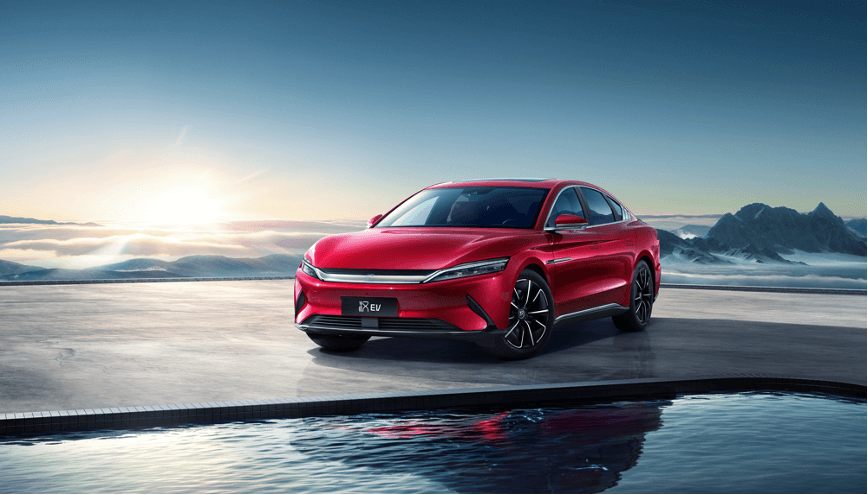Chinese auto giant, BYD, just shattered its previous record, clocking in a staggering 261,105 passenger plug-in car sales in July. This includes 11,146 from its luxury electric vehicle line, Denza. Even though this marks a commendable 61% increase from the previous year, there’s a catch: it’s BYD’s slowest growth since late 2020. This slowdown has stirred discussions about whether the company’s meteoric rise in the EV market might be plateauing.
Reports state that the company’s PHEV sales will exceed 3 million units this year
With most of BYD’s sales predominantly in China, international markets only contribute to a fractional percentage of the total figures. However, their consecutive record-breaking sales, 251,685 units in June followed by this July’s figure, firmly establishes them as a dominant player in China’s EV industry.

Of particular note is the growing preference for battery electric vehicles (BEVs) over plug-in hybrid vehicles (PHEVs). BEVs registered sales of 134,783 units, a significant 66% rise from the previous year. PHEVs trailed behind with a 56% increase, amounting to 126,322 units. The overall 2023 projection suggests a potential sale exceeding 3 million units, buoyed by strong performances from the Song and Qin model families.
Furthermore, the BYD Dolphin model is quickly swimming its way to the top, with sales of 31,950 units, and the Yuan all-electric family following closely. Additionally, BYD’s all-electric microcar, Seagull, soared to new heights, posting a personal record of 28,001 units.
As BYD propels closer to selling 300,000 units monthly, industry watchers are keenly observing if its next phase is consolidation or if there’s another acceleration on the horizon. With over 4.8 million plug-in units already under its belt, the journey ahead is set to be game-changing for the company.
RELATED:
- BYD compact EV Dolphin launched in Malaysia
- BYD SongL to Hit Market in Q4: Spy Shots Reveal Attractive Design and Some Features
- Best Monitors for Home Office in 2023 – HP, Dell, Asus, & More
(Via)







